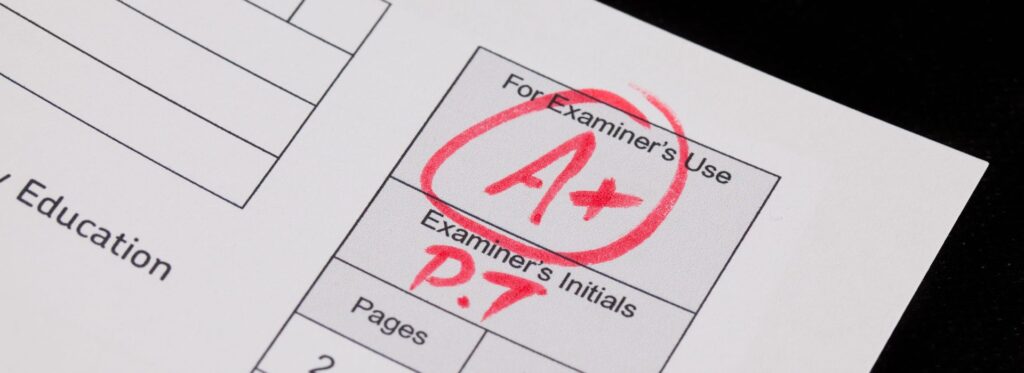The Pharmacy College Admission Test (PCAT) plays a significant role in the admissions process for many pharmacy schools. Prospective students often wonder what constitutes a good PCAT score.
Understanding PCAT Scoring
The PCAT is scored on a scale of 200 to 600 for each section: writing, biological processes, chemical processes, critical reading, and quantitative reasoning. The composite score, which represents your overall performance, is also on the same scale. The higher the score, the better your performance.
Percentile Ranks
Along with the scaled scores, you’ll also receive a percentile rank for each section and a composite percentile rank. The percentile rank represents the percentage of test-takers you scored higher than. For instance, a percentile rank of 90 means you scored higher than 90% of test-takers.
What is a Good PCAT Score?
A “good” PCAT score can vary based on the specific requirements of the pharmacy schools you’re applying to. However, generally speaking, a composite score in the 400-600 range is considered high. Similarly, a percentile rank of 70 or above is often viewed as competitive.
Considerations Beyond the Score
While a high PCAT score can enhance your pharmacy school application, remember that it’s just one part of your application. Schools also consider other factors like GPA, coursework, relevant experience, letters of recommendation, and personal statements. A holistic approach that balances these factors can lead to a strong application.
In summary:
- The PCAT is scored on a scale of 200 to 600 for each section and the composite score. Higher scores indicate better performance.
- Along with the scaled scores, you’ll receive a percentile rank for each section and overall, showing the percentage of test-takers you scored higher than.
- A “good” PCAT score can vary based on specific school requirements, but generally, a composite score in the 400-600 range and a percentile rank of 70 or above is competitive.
- While important, the PCAT score is just one part of your pharmacy school application. Balancing this with other application elements like GPA, relevant experience, and personal statements can lead to a stronger application.

